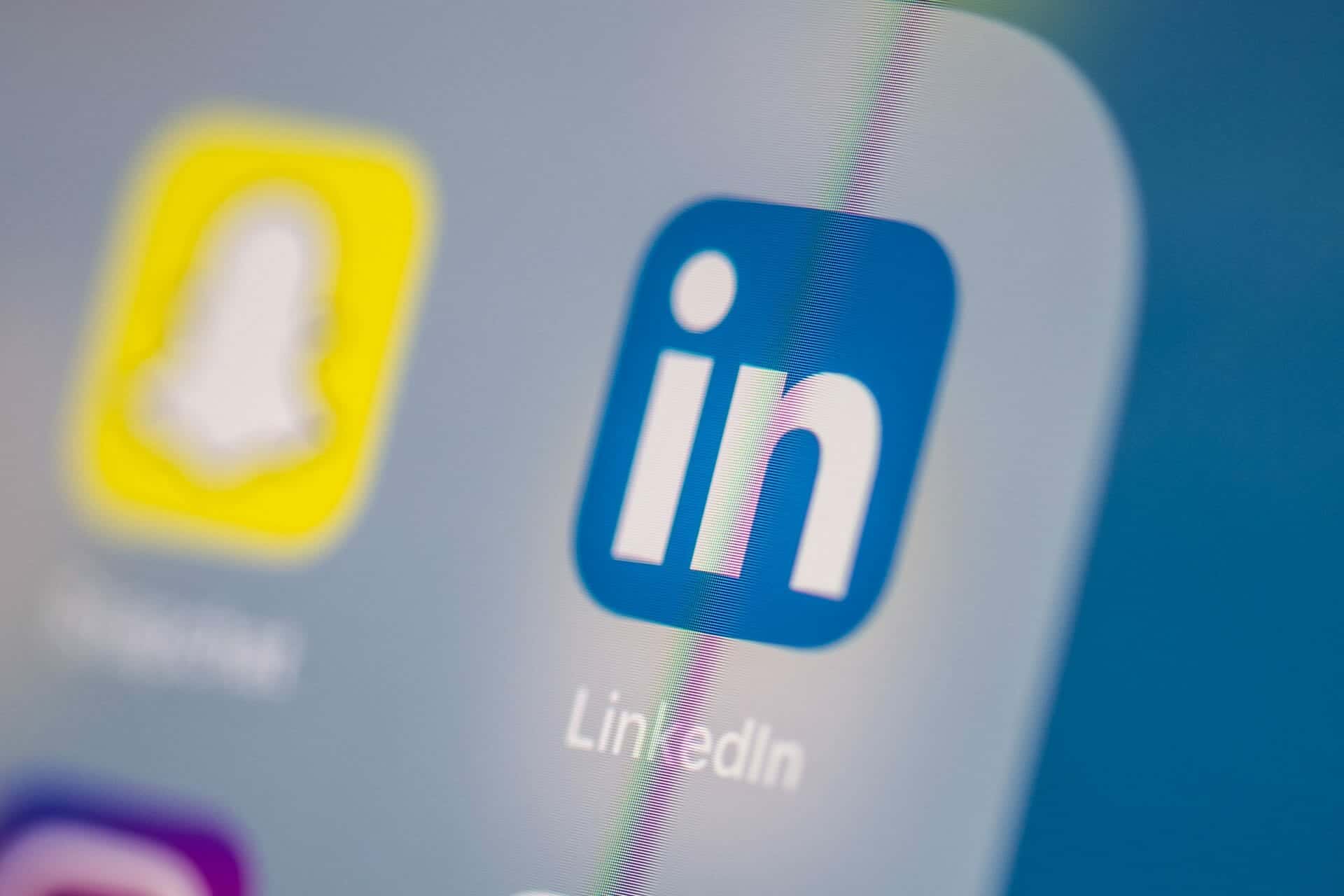Microsoft has said it will shut down career-oriented social network LinkedIn in China, citing a “challenging operating environment” as Beijing tightens its control over tech firms.
The US-based company will replace LinkedIn in China with an application dedicated to applying for jobs but without the networking features, according to senior vice president of engineering Mohak Shroff.
“We’re… facing a significantly more challenging operating environment and greater compliance requirements in China,” Shroff said in a blog post.
According to The Wall Street Journal, LinkedIn was given a deadline by Chinese internet regulators to better oversee content on the site.
LinkedIn, which launched in China in 2014, lets people use personal and professional relationships to find job opportunities.
Aside from being a venue for finding jobs, LinkedIn is a place for exchanges over business developments or news.
“You have to figure that on a business social network, you are going to have conversations about getting around regulations or complaining about regulations,” said independent tech analyst Rob Enderle of Engerle Group.
“The Chinese government has no sense of humor when it comes to criticism; the result is they have been very aggressive in stopping that kind of information.”
Foreign firms in China have always trod a fine line on politically sensitive issues so as not to upset the authorities in the world’s second-largest economy.
The analyst said it is very difficult right now to deliver a communication product in China, given the degree of oversight mandated by the government there.
China is known for its daunting “Great Firewall” that censors online content and activity.
“I’m not sure it will work,” Enderle said.
“The more you restrict information in the Information Age, the more creative people get at trying to find it.”
‘Undercurrent of aggravation’
Ongoing political tension between the US and China likely exacerbated the situation there for LinkedIn, Enderle reasoned.
Huawei executive Meng Wanzhou returned to China last month shortly after two Canadians released from prison in China arrived in Calgary, ending a diplomatic row that has poisoned ties for three years.
She had been accused of violating US sanctions. The US has called Huawei a security risk with the potential to building back doors into its telecommunication gear to allow spying.
Huawei repeatedly has denied such allegations.
“With the US treatment of Huawei and China looking for ways to retaliate, that undercurrent of aggravation isn’t doing either country any good,” Enderle said.
“You would hope at some point the governments would come together and start looking for ways to cooperate.”
Tightening grip
Chinese authorities have been targeting a range of homegrown tech behemoths for alleged monopolistic practices and aggressive harvesting of consumer data.
The drive is part of a wider policy by the government to tighten its grip on the world’s number two economy, including targeting private education, property and casinos.
Microsoft will “sunset” the China version of LinkedIn and launch an InJobs application dedicated to connected professionals in that country with companies seeking employees, according to Shroff.
Microsoft bought LinkedIn for slightly more than $26 billion in 2016, and has worked to build a presence in China despite concerns about online censorship.
Facebook and Twitter have been banned in China for more than a decade.
Google left the country in 2010 in response to a hacking attack and censorship.
The website of e-commerce giant Amazon is accessible in China, but the market there is dominated by local players such as Alibaba and JD.com.








